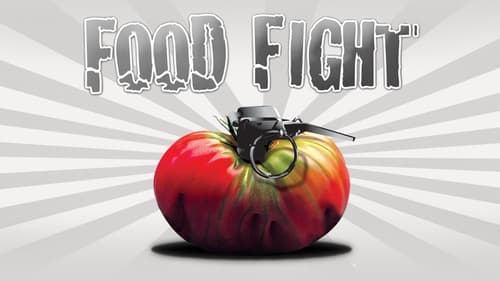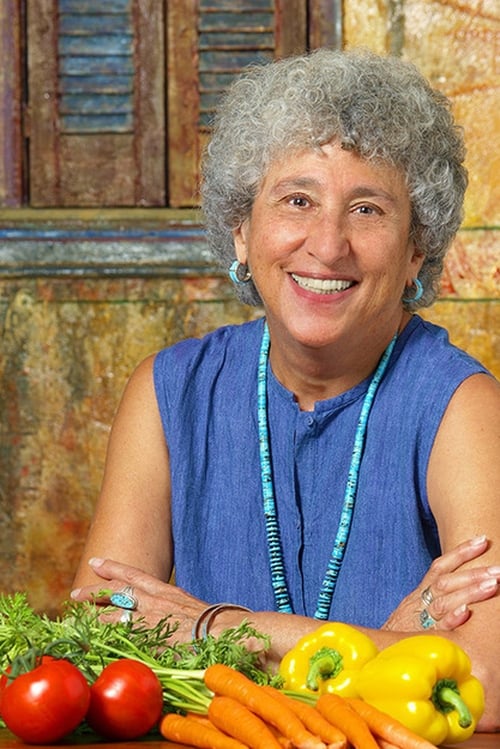Marion Nestle
Birth : 1936-09-10,
History
Marion Nestle (born 1936) is an American academic. She was the Paulette Goddard professor of nutrition, food studies and public health at New York University. She was also a professor of Sociology at NYU and a visiting professor of nutritional sciences at Cornell University.

Self / Food Policy Expert / Author
Through revealing interviews with experts and victims' families, this gripping documentary examines the problem of deadly foodborne illness in the US.

As our profit-driven food systems crumble and our planet rapidly becomes unlivable, a group of global visionaries – activists, farmers, doctors, and scientists – lead extraordinary efforts to ensure a healthy, equitable, and sustainable food future.

Herself
As society tackles the problem of feeding our expanding population safely and sustainably, a schism has arisen between scientists and consumers, motivated by fear and distrust. Food Evolution, narrated by Neil deGrasse Tyson, explores the polarized debate surrounding GMOs. Looking at the real-world application of food science in the past and present, the film argues for sound science and open-mindedness in a culture that increasingly shows resistance to both.

Self
In Defense of Food tackles a question more and more people around the world have been asking: What should I eat to be healthy? Based on award-winning journalist Michael Pollan's best-selling book, the program explores how the modern diet has been making us sick and what we can do to change it.

Self
One in three Americans is pre-diabetic. A huge percentage of them do not know that they are sick. Adult onset diabetes is no longer an illness for the obese and elderly. Millions of Americans who regularly exercise and eat a diet recommended by the USDA are classified as "skinny-fat". The connection between the standard American diet and numerous metabolic disorders is now an unspoken fact in most medical circles

self
In the past three decades, obesity rates in the US have more than doubled for children and tripled for adolescents, and 70% of adults are now obese or overweight. The result has been a widening epidemic of obesity-related health problems, including coronary heart disease, high blood pressure, stroke, and Type 2 diabetes. While discussions about this spiraling health crisis have tended to focus on the need for more exercise and individual responsibility, FEEDING FRENZY trains its focus squarely on the responsibility of the processed food industry and the outmoded government policies it benefits from. It lays bare how taxpayer subsidies designed to feed hungry Americans during the Great Depression have enabled the food industry to flood the market with a rising tide of cheap, addictive, high calorie food products, and offers an engrossing look at the tactics of the multi billion-dollar marketing machine charged with making sure that every one of those surplus calories is consumed.

Self
Using personal stories, this powerful documentary illuminates the plight of the 49 million Americans struggling with food insecurity. A single mother, a small-town policeman and a farmer are among those for whom putting food on the table is a daily battle.

Herself
What’s “organic” really? Are people better off eating organic foods? Are organic farms better for the environment? This film looks into the organic food industry and explore its shortcomings. We will explore cost, access, and health. Most importantly, it will examine paths towards a truly organic, self-sustaining agriculture system with local farmer’s markets, urban farmers, and school gardens inspiring new solutions.

Herself
A fascinating look at how American agricultural policy and food culture developed in the 20th century, and how the California food movement rebelled against big agribusiness to launch the local organic food movement.







